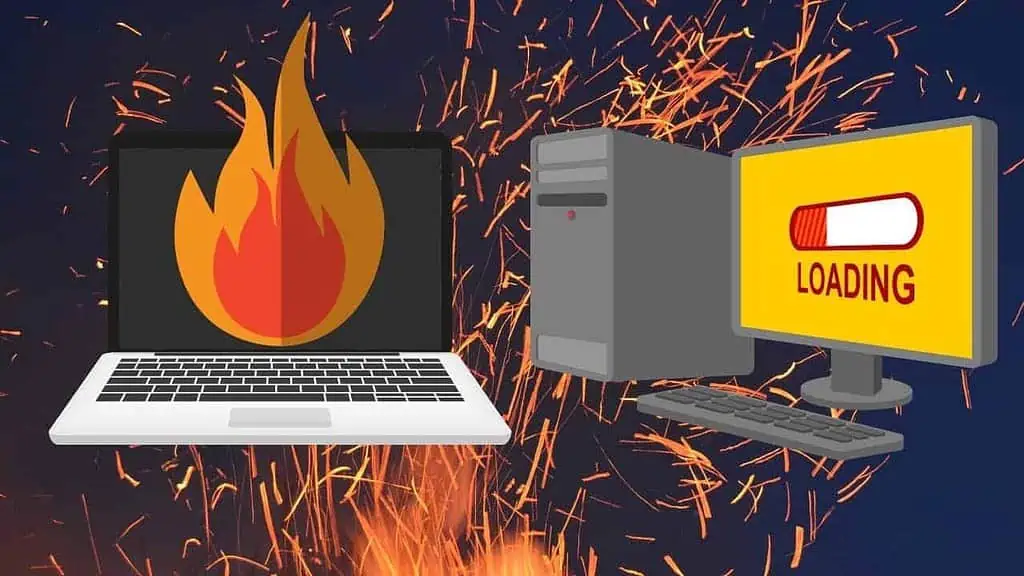Laptops have become an indispensable part of our daily lives. However, they can suffer from overheating problems due to prolonged use and poor maintenance. If your laptop is overheating and you neglect this problem, it may become unusable over time and you may experience a drop in performance. It can also lead to serious problems, up to the failure of the PCH or Graphics chip.
Office laptops and gaming laptops, in particular, are subjected to intensive use and may suffer more from overheating. Therefore, it is important to perform maintenance twice a year for office laptops and once a year for gaming laptops. Lack of maintenance can also trigger thermal problems on your laptop’s cooling system. These problems can include heatsink failure, incorrect thermal pad usage or improper previous maintenance.
If you are having problems with the cooling system on your laptop, you can get support from us. Our team of experts is experienced in solving such problems and will be happy to help you. You can send us your requests via our WhatsApp number. You can be sure that we will meticulously evaluate your requests and offer you the best solution.
You can follow the maintenance suggestions below to prevent overheating and improve the performance of your laptop:
Regular Cleaning
Your laptop’s fans and air inlet and outlet points can accumulate dust and dirt over time. These deposits can reduce the efficiency of your laptop’s cooling system. It is therefore important to clean the fans and air inlet and outlet points on a regular basis. You can use a suitable cleaning brush or air freshener. However, be careful when cleaning and be careful not to damage the inside of your laptop.
Keep the Surface Cool
When using your laptop, placing it on a hard surface and putting a cooling base on it can help reduce heating problems. Placed on a hard surface, the laptop provides better cooling without obstructing airflow. In addition, the heatsinks increase airflow underneath the laptop for better cooling performance.
Check Power Management Settings
By checking your laptop’s power management settings, you can save energy and reduce heating problems. For example, you can lower the performance of your laptop so that it puts less strain on the processor. To do this, just take a look at your operating system’s power management settings.
Perform Software Updates
Keeping your laptop’s operating system and drivers up to date can improve its performance and reduce heating problems. Software updates include important fixes that manufacturers release to fix problems and improve performance. It is therefore important that you regularly check for and install software updates.
When you encounter overheating problems with your laptop, you can try to solve the problem by following the suggestions above. However, if the problem persists or you need further assistance, feel free to contact us. Our team of experts will help you to solve your laptop cooling system problems.
Please feel free to write to us. We will respond to your requests during working hours.



